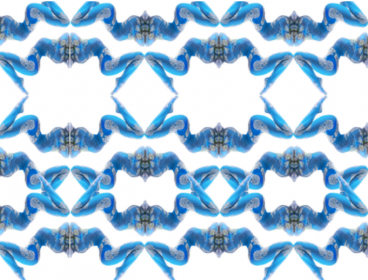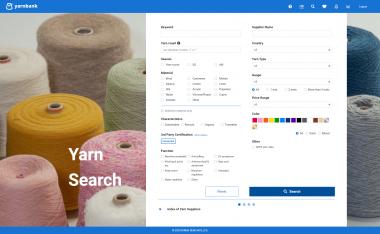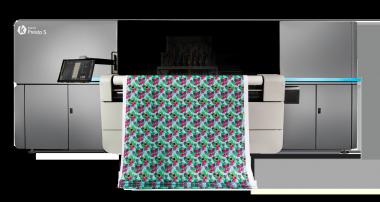Ralph Lauren and Dow release manual for dyeing processes
Dow and Ralph Lauren Corporation released a detailed manual on how to dye cotton more sustainably and more effectively than ever before using ECOFAST™ Pure Sustainable Textile Treatment. With this manual, Ralph Lauren and Dow are open-sourcing this improved dyeing process to encourage adoption in the textile industry and help standardize a more sustainable and efficient cotton dyeing system for positive environmental impact.
The co-developed, step-by-step manual details how to use ECOFAST™ Pure, a cationic cotton treatment developed by Dow, with existing dyeing equipment. Ralph Lauren, the first brand to use ECOFAST™ Pure, partnered with Dow to optimize and implement the technology in its cotton dyeing operations as part of its new Color on Demand platform.
Conventional fabric dyeing processes require trillions of liters of water each year, generating roughly 20% of the world’s wastewater.1, 2 Pretreating fabric with ECOFAST™ Pure helps significantly reduce the amount of water, chemicals and energy needed to color cotton, by enabling up to 90% less process chemicals, 50% less water, 50% less dyes and 40% less energy without sacrificing color or quality.3
Ralph Lauren began integrating Color on Demand into its supply chain earlier this year and first launched product utilizing ECOFAST™ Pure as part of the Company’s Team USA collection for the Olympic & Paralympic Games Tokyo 2020. Designed to help address water scarcity and pollution caused by cotton dyeing, Color on Demand is a multi-phased system with a clear ambition to deliver over time the world’s first scalable zero wastewater cotton dyeing system. By 2025, the brand aims to use the Color on Demand platform to dye more than 80% of its solid cotton products.
1 Drew, Deborah and Genevieve Yehounme. “The Apparel Industry’s Environmental Impact in 6 Graphics.” World Resources Institute, July 5, 2017. https://www.wri.org/blog/2017/07/apparel-industrys-environmental-impact-6-graphics
2 Rep. A New Textiles Economy: Redesigning Fashion’s Future. Ellen MacArthur Foundation, Circular Fibres Initiative, 2017. https://ellenmacarthurfoundation.org/a-new-textiles-economy
3 A full third-party reviewed and validated life cycle assessment is available by request at www.dow.com/ecofast.
Dow / G&S Business Communications
































